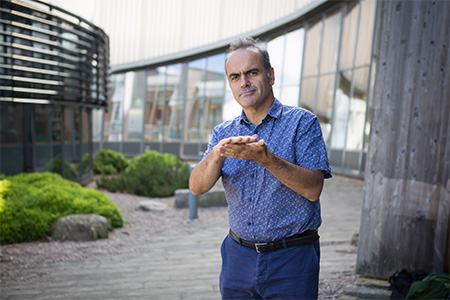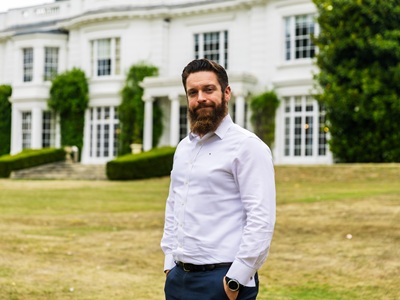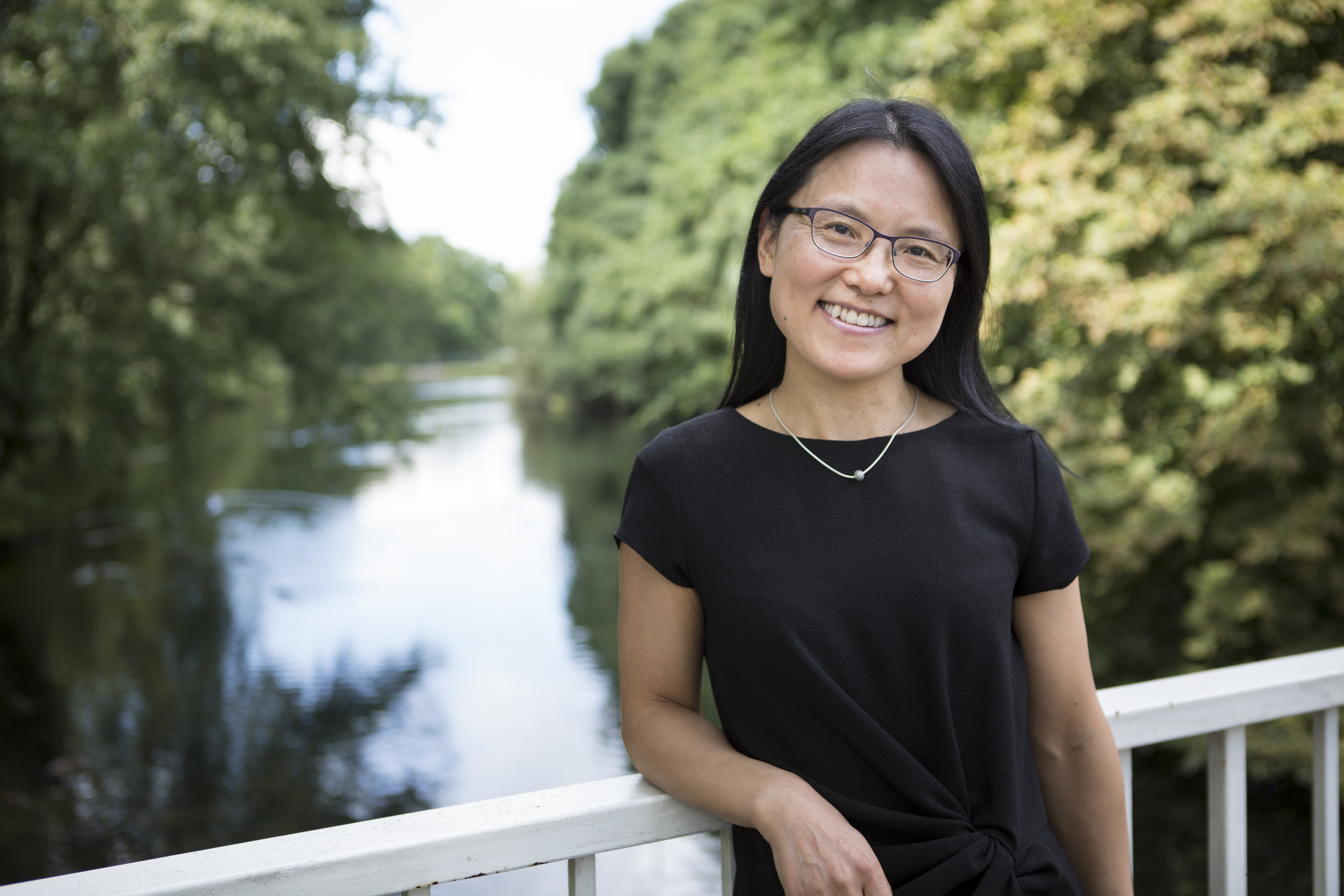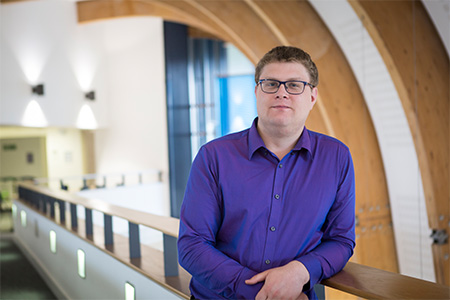
Ilan Dwek, Lecturer
I started working at the University in 2011 as a lecturer in Theatre Arts, Education and Deaf Studies (TAEDS).
I am deaf and teach signed theatre performance and British Sign Language (BSL), as well as modules about deafness and the education of the deaf. I also teach students how they can use drama with children with special needs in an educational setting.




